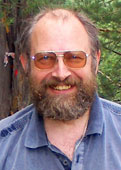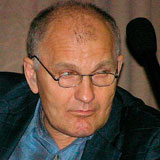
На недавней конференции на факультете государственного управления МГУ, посвящённой искусственному интеллекту (ИИ) в госуправлении, мне довелось вести секцию. Там было много интересных докладов, но запомнился один. Оказывается, весь этот интеллект воплощён в старинных восточных коврах, которые ткались на основе квантовой логики. Сядет шах на такой ковёр — и тут же принимает мудрые и прекрасные решения. Ну а если ковёр без искусственного интеллекта, то тут уж как придётся. Но, видимо, ковра недостаточно — шаха тоже нельзя сбрасывать со счетов. В этой статье я постараюсь ответить на множество недоуменных вопросов, касающихся ИИ. Отчасти это связано с тем, что я являюсь главным редактором журнала «Искусственный интеллект. Теория и практика». Положение обязывает.






